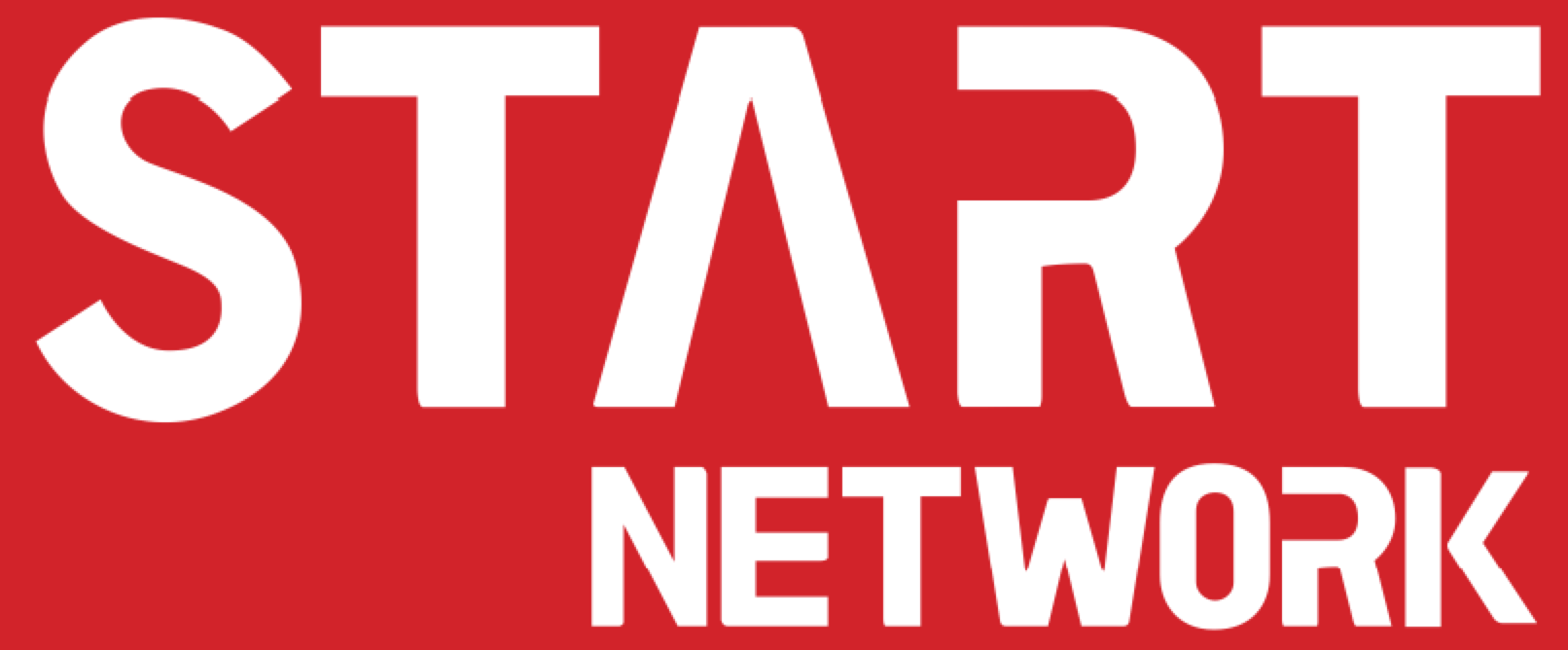Start Labs
Start Labs is a collectively-owned incubator that identifies, develops and tests new humanitarian solutions.
It provides funding for experimentation, research and development of ideas, improved ways of working and new technologies to enable earlier, faster and more efficient response to humanitarian crises.
Why Labs is needed
The opportunity for innovation in the humanitarian sector is huge. We want to see innovation, both radical and incremental, because we want to strengthen the aid system, making it more effective and more efficient.
Innovation in the humanitarian sector is largely unexplored. Investments have been made into global health and related innovations, with tremendous results, but disaster response hasn’t had the same attention.
That’s about to change.
How Labs works
At Start Labs, we trial new ways of working at the global level, before introducing these to the field. As the Network grows we will also identify, support and promote innovation emerging from the field.
Start Labs offers scale. Innovations we invest in can be taken to scale by our 24 members and their 7000 local partners representing more than a quarter million staff working in 200 countries and territories around the world.
Support from the members of Start Network means that Labs has a higher tolerance for risk and can explore opportunities that individual NGOs would not be able to approach by themselves.
On the right we explain more about Start Labs’ first innovations; a loan facility, parametric insurance and catastrophe bonds.
We’re also exploring how blockchain technology could improve financial mechanisms in the aid sector, read more.
- Loan facility
- The first dedicated loan facility for humanitarian NGOs will be prototyped and launched to offer advance funding in situations where NGOs face lengthy delays in accessing traditional funding. Loans will be repaid in the period following a disaster or event when grants and external sources to funding become available.
- Parametric insurance
- An insurance product will be designed and piloted based on drought forecast modelling linked to pre-set triggers for pay-outs. This will provide predictable funding for early response to major drought-induced food crises in 12-15 countries.
- Catastrophe bonds
- Lessons learnt in the recent Ebola crisis will form the basis for an NGO ‘pandemic bond’ as a means to ensure early funding for frontline actors to contain emerging epidemics with the potential to scale. Bonds would only be used for early stages of major events when other donors are not present.
Get involved
We are looking to have an impact on the whole sector, not just out members. And in order to achieve this, we are looking for new partners who share our ambitions.
If you’re a business, university, academic or entrepreneur who wants to transform crisis response for the better, let us know.

